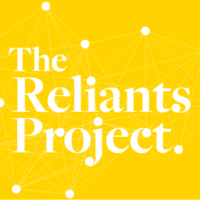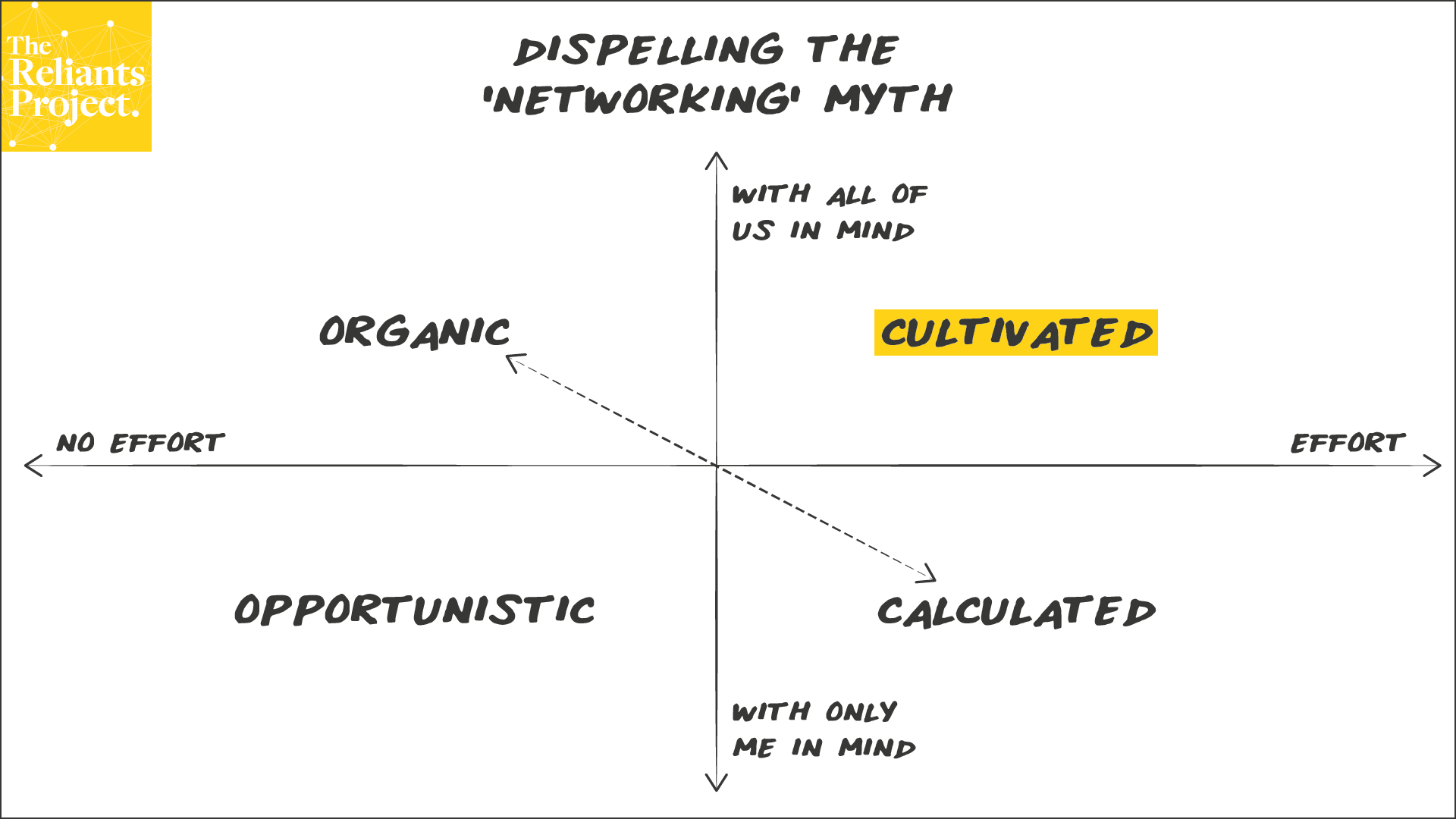Keeping Friends in a Spreadsheet
About 2 years ago I was at a baby shower and bumped into a man I’d never met before.
We got chatting and within a few minutes, he said ‘You seem like the kind of person who keeps their friends in a spreadsheet.’
I am that kind of person.
Being proactive about nurturing relationships with the people in my life has been hugely rewarding. I’ve linked up co-founders who went on to build a business together, connected others who became close friends and even introduced people who ended up marrying each other.
It’s brought me a great deal of joy and provided me with crucial support when I’ve needed it, whether that’s help with making a tough decision or just needing someone to lean on.
All of this because I’m the kind of person who keeps people in a spreadsheet.
The False Dichotomy: Organic vs. Calculated
There’s an inherent belief in our society that relationships, whether they’re business, friendly or romantic in nature, should just ‘happen’ naturally. At the beginning of our lives, this simple model of the world makes sense. We naturally meet people through our families, school and other activities we’re involved in and form relationships pretty easily.
But as we get older, finding friends, partners and job opportunities takes much more effort than it did during our years at school and university. Unfortunately, we don’t update our belief systems to meet this new reality. The consequence is that any attempt to be deliberate in this sphere of our lives is often viewed in a negative light.
 Doing so is seen as insincere because the idea of being intentional suggests an ulterior motive for meeting new people and managing your existing relationships. If you’re deliberate, the thinking goes, you must be the type of person who treats people as a means to an end.
Doing so is seen as insincere because the idea of being intentional suggests an ulterior motive for meeting new people and managing your existing relationships. If you’re deliberate, the thinking goes, you must be the type of person who treats people as a means to an end.
This also explains the special place that the verb ‘to network’ has come to inhabit in our collective vocabulary as a dirty word.
As a result, we’re left with a two-dimensional spectrum: you either meet people naturally and lie on the organic side, which is good; or you’re deliberate about meeting them and lie on the calculated side, which is bad.
This is a false dichotomy.
Adding the Dimension of Intention
Let’s stop using network as a verb. It’s not serving any of us. Just notice how any negative connotations you have around the word disappear when you refer to the same word as a noun. This is because building a relationship doesn’t exist on a linear scale from effortless, organic connection to selfish, calculating value extraction. We need to add another dimension–the dimension of intention.
The horizontal axis represents the amount of effort put into meeting people, building new relationships, and managing existing ones. It stretches from no effort on the extreme left to more and more as you move further to the right. The vertical axis covers this new dimension of intention, moving from pure self-interest at the bottom, up to pure altruism at the top. Adding this additional dimension allows us to map new possibilities: more opportunistic behaviour which doesn’t involve much effort but is selfishly motivated and cultivating behaviour which is deliberate but whose intention is to build a relationship that is mutually beneficial.
I believe that we would all benefit from spending more time in the upper right quadrant right now. Social macro trends and societal effects of the global pandemic are combining to create the threat of a ‘social recession’ that widens existing divides and increases isolation.
Cultivation requires effort…but it’s worth it
Cultivating your relationships requires effort in a practical sense. You will often be the one who takes the initiative, which involves plenty of outreach and scheduling. Sometimes people will cancel and the onus will be on you to rearrange, which can be a pain.
There is also the emotional effort involved. Putting effort towards connecting with others and maintaining those relationships is hard because it requires us to be vulnerable and pokes at some of our core fears around belonging and rejection. These limiting beliefs can often be even more of a mental block than practical logistics.
Finally, there is also an intellectual piece to the puzzle. It’s easy to believe that an intuitive understanding of networks is more than sufficient, but it isn’t for most of us. Concepts like the strength of weak ties are incredibly important in helping you build a mutually beneficial network but they are also counter-intuitive and fly in the face of conventional belief. So in one sense inhabiting that upper right quadrant of the matrix involves practical, emotional and intellectual work but I really don’t see it that way. Effort yes, but not work–because when I think of all the amazing things that cultivating my network and relationships has brought me, it’s impossible to see it that way.
Zooming out, I wonder what a community would look like where we all cultivated our relationships. A community with less depression and isolation. A community with more social mobility and less inequality. That’s the community that I’m interested in exploring and creating here at The Reliants Project and I hope you’ll join me in cultivating it together.

